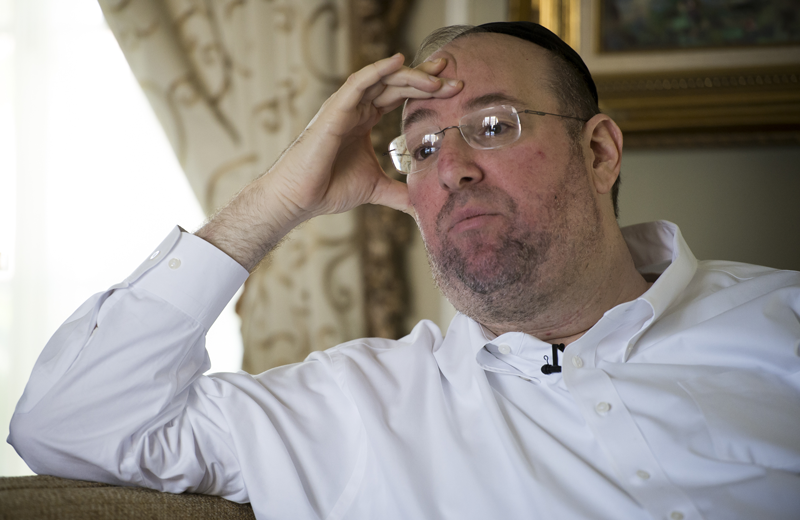Last year, Humboldt County residents learned that when a single company monopolizes an entire county’s nursing home beds, patients are at its mercy. Now, the county’s representative to the California Assembly, Jim Wood, is championing legislation that would limit the power of nursing home conglomerates to move patients far from their loved ones.
Last week, Wood introduced Assembly Bill 275 in response to Brius Healthcare’s bid last year to close three of its five nursing homes in Humboldt County. Brius, the largest nursing home operator in the state and the only one in Humboldt, threatened to force nearly 200 elderly and frail patients out of the county in what critics said was a ploy to boost the company’s Medicaid reimbursement rates.
After a four-month stand-off with local officials and patient allies, including the California Association for Nursing Home Reform and the National Union of Healthcare Workers, Brius CEO Shlomo Rechnitz backed down and agreed to close only one facility without forcing any residents of the county and away from their loved ones.
The episode was “a roller coaster ride of anxiety” for patients and their families, Wood, the Assembly Health Committee chairman, said upon introducing the legislation last week. “It became obvious to me that new protections would have to be put in place to prevent this trauma from happening to other residents in the future.”
Wood’s bill would strengthen patient safeguards and empower state regulators to protect patients and prevent operators from simultaneously closing multiple homes in one community.
Rather than merely being able to accept or reject an operator’s closure of a nursing home, Wood’s bill gives the California Department of Public Health the authority to require operators to adopt specific measures to “help prevent possible resident transfer trauma.”
If an operator is proposing to close two or more nearby facilities simultaneously, the department would be authorized to deny approval and “require the facilities to resubmit their closure plans with different timelines.”
The bill also:
- Increases from 30 days to 90 days the advance notice that operators must give to residents prior to closing a facility.
- Requires that patients being forced to relocate are assessed by a doctor and a mental health clinician.
- Mandates that operators closing two or more facilities within a six-mile radius conduct a “Community Impact Report.” The report would include the number of affected residents; the number of nearby nursing homes; the reason for the closures; the number of residents who could potentially experience transfer trauma; and the number of residents who are taking psychotropic medications, diagnosed with dementia or under conservatorship.








